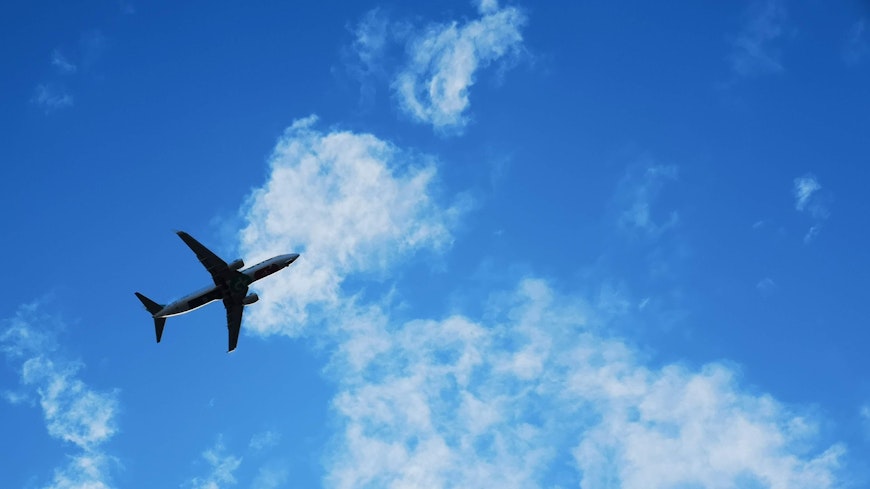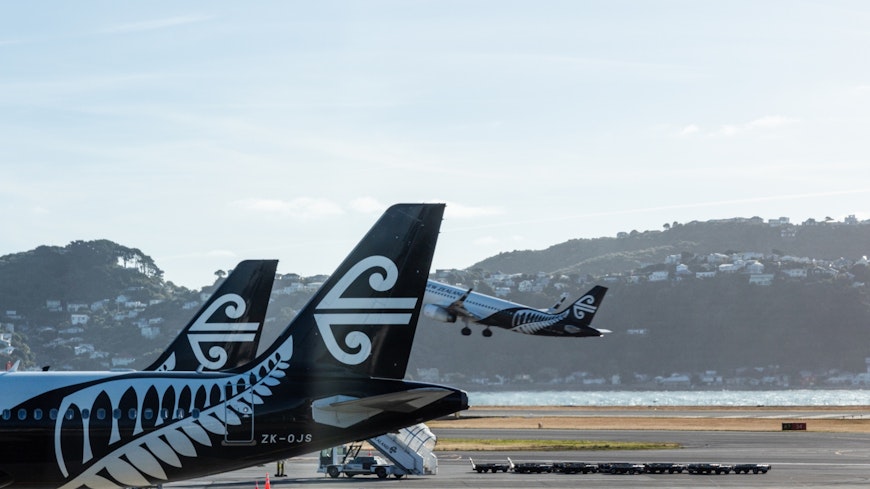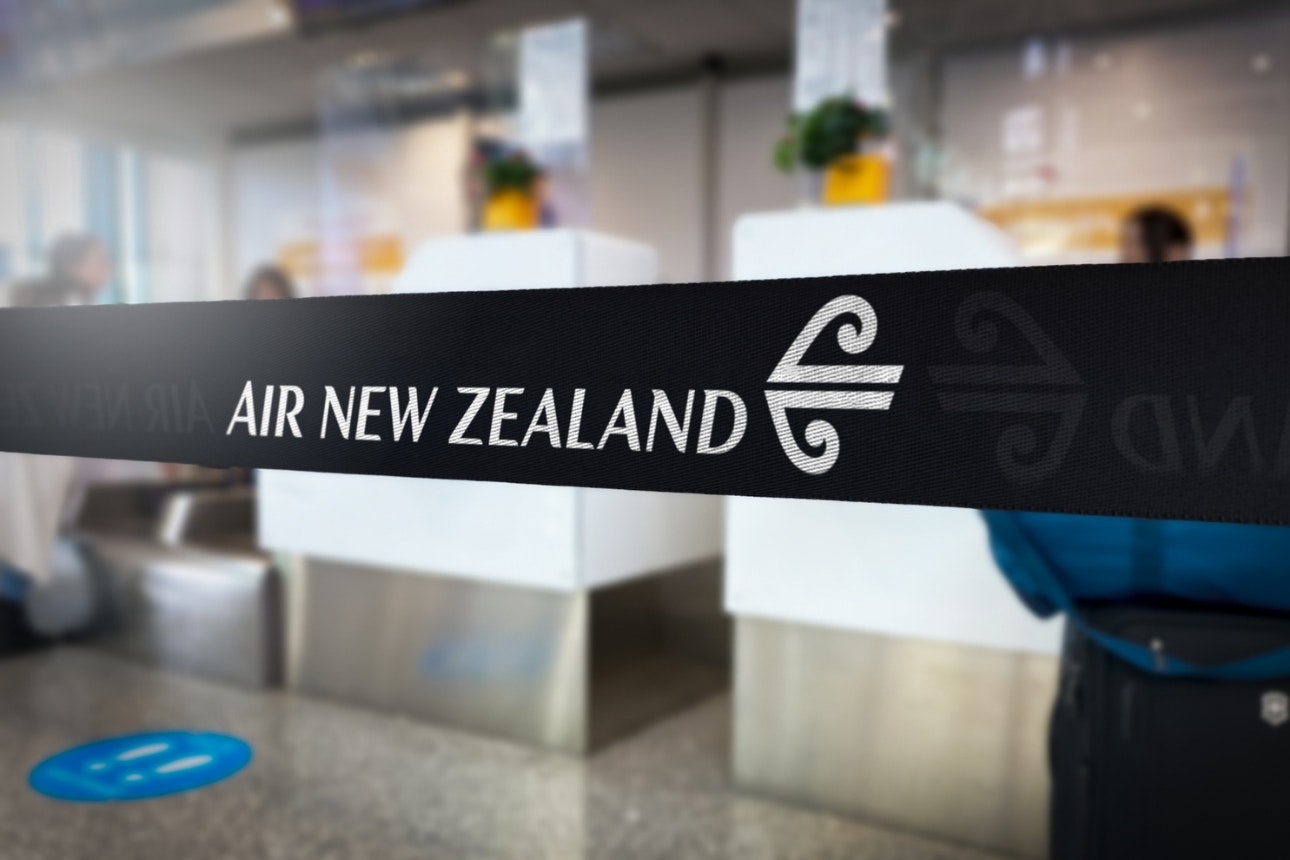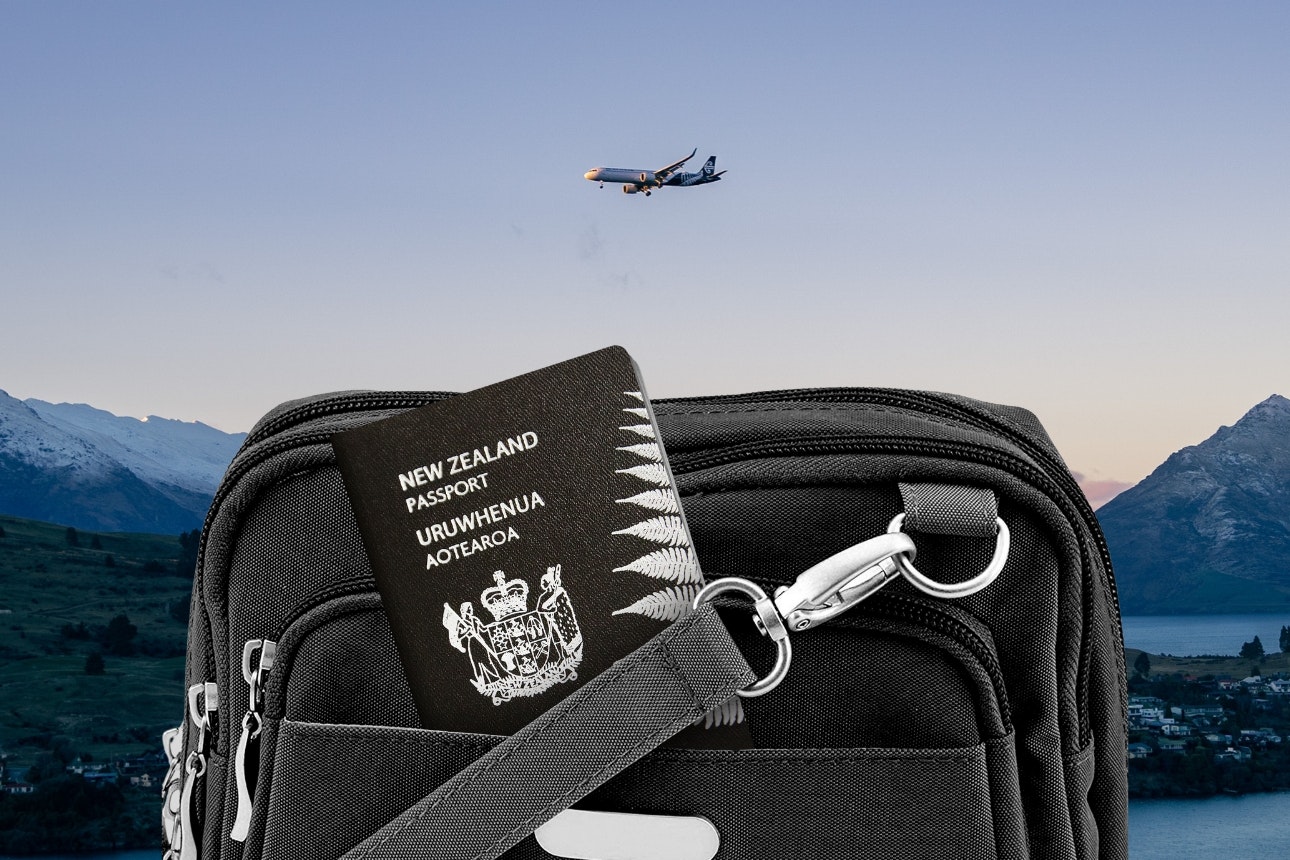
By Vanessa Pratley
Investigative Journalist | Kaipūrongo Whakatewhatewha
The Commerce Commission has released findings from its initial assessment of competition in the domestic airline sector. It says a market study would not be an effective way to drive stronger competition in the market.
On this page
- 1. Competition is limited and non-existent on some routes
- 2. Lack of access to information could put off new entrants
- 3. Monopoly operators say competition is unrealistic
- 4. There are opportunities for change in our domestic aviation market
- 5. Dynamic pricing is controversial
- What the assessment didn’t include
- Time for action
Yet, its assessment shows there is limited competition in the sector. It echoes a range of concerns we have about the market.
We set out the 5 key findings of the commission’s assessment and what they tell us about our domestic market.

1. Competition is limited and non-existent on some routes
There isn’t much competition in our domestic aviation market. Air New Zealand has an 85% market share and flies to 20 domestic destinations. There are 7 routes where Air New Zealand and Jetstar compete and a few regional routes where smaller airlines compete with Air New Zealand. Beyond these, remaining routes are served exclusively by Air New Zealand or a small, regional player.
2. Lack of access to information could put off new entrants
The commission heard that insufficient access to information could increase barriers to having new players enter the market. Air New Zealand likely sits on decades worth of granular data about demand, capacity and airfares. The commission argues that access to this information could help existing airlines or new entrants understand where there are opportunities to expand or increase capacity.
The Australian Competition and Consumer Commission (ACCC) is the Aussie equivalent of our Commerce Commission. It has monitored Australia’s domestic air services regularly since 2020. The ACCC requires domestic airlines to share information about prices, costs and profits. It publishes these details in regular reports that are publicly available. This helps increase transparency in the sector, for both consumers and industry.
3. Monopoly operators say competition is unrealistic
The global aviation industry is still grappling with the effects of COVID-19, in addition to navigating pressures from the war in Ukraine, inflation and supply chain issues. Combined with maintenance requirements on Air New Zealand’s Pratt & Whitney engines, domestic services aren’t immune from the impact of cost pressures.
As a result, operators told the commission that competition on some monopoly routes is not realistic at this time.
The biggest challenge appears to be maintaining services. The regions, in particular, are expensive to service, with fuel use disproportionately higher for shorter flights, less air time within which to earn revenue and lower levels of demand.
But other areas of our domestic aviation market where competition is not realistic are subject to regulation, such as our airports. They’re natural monopolies, which means they don’t face any competition, and competition is unlikely because of the market structure.
For instance, it’s unlikely that a competitor could operate a rival international airport in Auckland. It would be prohibitively expensive to set up new infrastructure, and the city only requires the business of one airport.
However, Auckland’s existing airport has sole control over the market and what it charges, so it is regulated under the Commerce Act 1986. This regulation ensures consumers can continue to benefit from a monopoly service without being exposed to the exercise of substantial market power, like high prices.
If it is true that competition isn’t realistic, regulation under the Commerce Act could help improve consumer outcomes on monopoly routes.
On routes where there is some competition, the commission says it wasn’t confident there were any solutions that would significantly improve competition. However, it did propose some options for change.
4. There are opportunities for change in our domestic aviation market
The commission suggested a range of options that could help new entrants into the market. It has passed these suggestions to the relevant government agencies. They include:
creating government financial support, such as subsidies or loans to new entrants
ensuring greater cooperation between smaller providers and Air New Zealand to help deliver scale benefits, like access to airport infrastructure
imposing equal access obligations for airport facilities and services
improving access to regional customer bases, such as through codeshare agreements, which would allow bigger airlines to market flights for smaller airlines
improving access to information such as route-specific demand and capacity levels
imposing disclosure obligations on existing participants, as is happening in Australia.
5. Dynamic pricing is controversial
The commission’s assessment touches briefly on dynamic pricing, noting that most airlines, including Air New Zealand, utilise the practice. Dynamic pricing is where the price of a good or service changes depending on supply and demand factors.
The commission suggests that dynamic pricing could be examined as part of a broader review of economy-wide consumer protection legislation.
Australia’s federal government is working on progressing a ban on unfair practices. While they don’t breach current fair trading legislation, unfair practices still cause widespread harm to consumers. A consultation paper on the new law identifies dynamic pricing as one category of potentially unfair trading conduct.
A similar prohibition could be an option in Aotearoa, though the commission writes that this is a matter for government.
The commission also notes that there “may be more that airlines could do to increase public confidence in their pricing practices”.

What the assessment didn’t include
The assessment used mostly publicly available information, rather than requesting more comprehensive, up-to-date information. It also hasn’t been able to fully test the validity of all the information it assessed.
The commission doesn’t know to what degree access to airport facilities and services is currently impacting competition.
It also admits it hasn’t assessed the viability of monopoly regional routes.
The commission acknowledges that a full market study would provide a “more detailed, better evidenced picture of competition in the sector”.
Time for action
While the commission won’t be self-initiating a market study, the minister of commerce and consumer affairs can still order one.
In the meantime, we say the status quo is unsustainable. We urge the government to start work on options for change in the industry.
Information disclosure requirements, funding for new entrants, equal access obligations and a potential ban on unfair practices, like dynamic pricing, could all make a difference for consumers.

Flight rights campaign
We’re calling for airlines to communicate honestly with passengers about the reason for cancellations and delays, and clearly display their rights.

